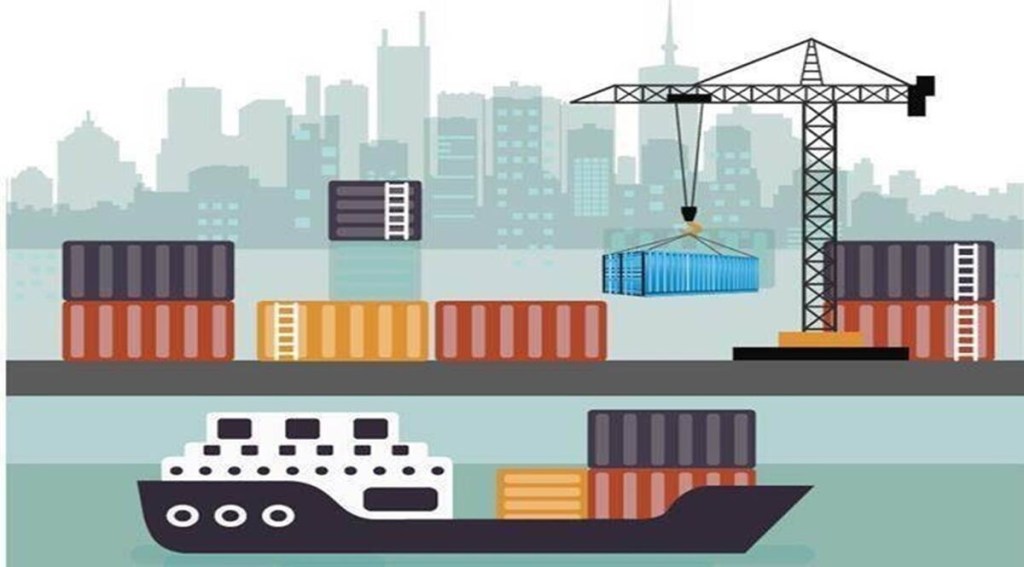The wide-ranging financial sanctions imposed by the West on Russia after its military offensive in Ukraine do create uncertainties for India as it has close relations with Moscow. The sanctions include a growing list of Russian banks being removed from SWIFT, a network that connects thousands of financial institutions around the world, besides bans on transactions with the Russian central bank and new sanctions on a sovereign wealth fund run by an oligarch with close ties with president Vladimir Putin.
These impact Russia’s trade and financial transactions with the rest of the world, besides blocking access to its $630 billion of foreign exchange reserves to support the plunging rouble and payments for imports. Indian banks are worried about these developments and have kept on hold fresh transactions with Russian lenders. Indian exporters, too, face uncertainties as they have payments in the ballpark of $400-600 million pending in Russia. Sending fresh consignments is difficult as leading shipping lines have suspended deliveries to and from Russia. India may experience cancellations of supply orders by the Russians, while domestic exporters, too, may choose to cancel some shipments. For such reasons, the Indian government is worried about the war’s fall-out on India’s trade.
Despite the uncertainties, the impact of ‘de-SWIFTing’ Russia on India is likely to be relatively low as it is not a major trading partner. Bilateral trade amounted to only $9.4 billion this fiscal, which could limit the possible impact of the escalating conflict in Ukraine. India mostly buys petroleum products, diamonds and other precious stones, and fertilisers from Russia while shipping out electrical machinery, pharmaceutical products, organic chemicals and auto parts. Over a half of its imports from Moscow until December this fiscal comprised petroleum products.
Farm products and pharma account for 18% and 15% of India’s exports, respectively. In the case of tea, Russia is a major market, accounting for 18% of India’s exports. The overall trade balance favours Russia amounting to $4.3 billion. The grounds for cautious optimism regarding the limited fall-out of sanctions is that outbound shipments of farm, pharma and petroleum products so far remain out of the ambit of American sanctions on Moscow, according to a story in this newspaper. The Federation of Indian Export Organisations has in fact asked about two dozen export promotion councils under it not to unduly panic about the trade-related impact of Russia’s ongoing conflict with Ukraine.
That said, no doubt concerns will persist in India if more stringent Western sanctions are imposed on Russia, including more and more banks being removed from SWIFT. According to the Wall Street Journal, seven are being delisted from SWIFT including VTB, VEB RF, Bank Rossiya and Bank Otkritie. The decision to delist some, and not all, Russian banks represents a compromise as a number of countries, including Germany, have argued it is important to ensure some banks remain on SWIFT to help Europe pay for energy imports from Russia. So long as the curbs remain limited to a few Russian banks, workarounds are possible that route trade transactions through other Russian financial institutions that are still outside the ambit of sanctions.
Barter deals with trade partners are also possible like oil and gas in exchange for other commodities. Russia may also decide to receive payments in gold. As India has time-tested relations with Russia, the problem of payments for trade transactions can also be tided over if both agree to mutually settle payments in national currencies as in the days of the Soviet Union. The rupee-rouble trade account can certainly be re-activated to soften the impact of financial sanctions on Russia.
